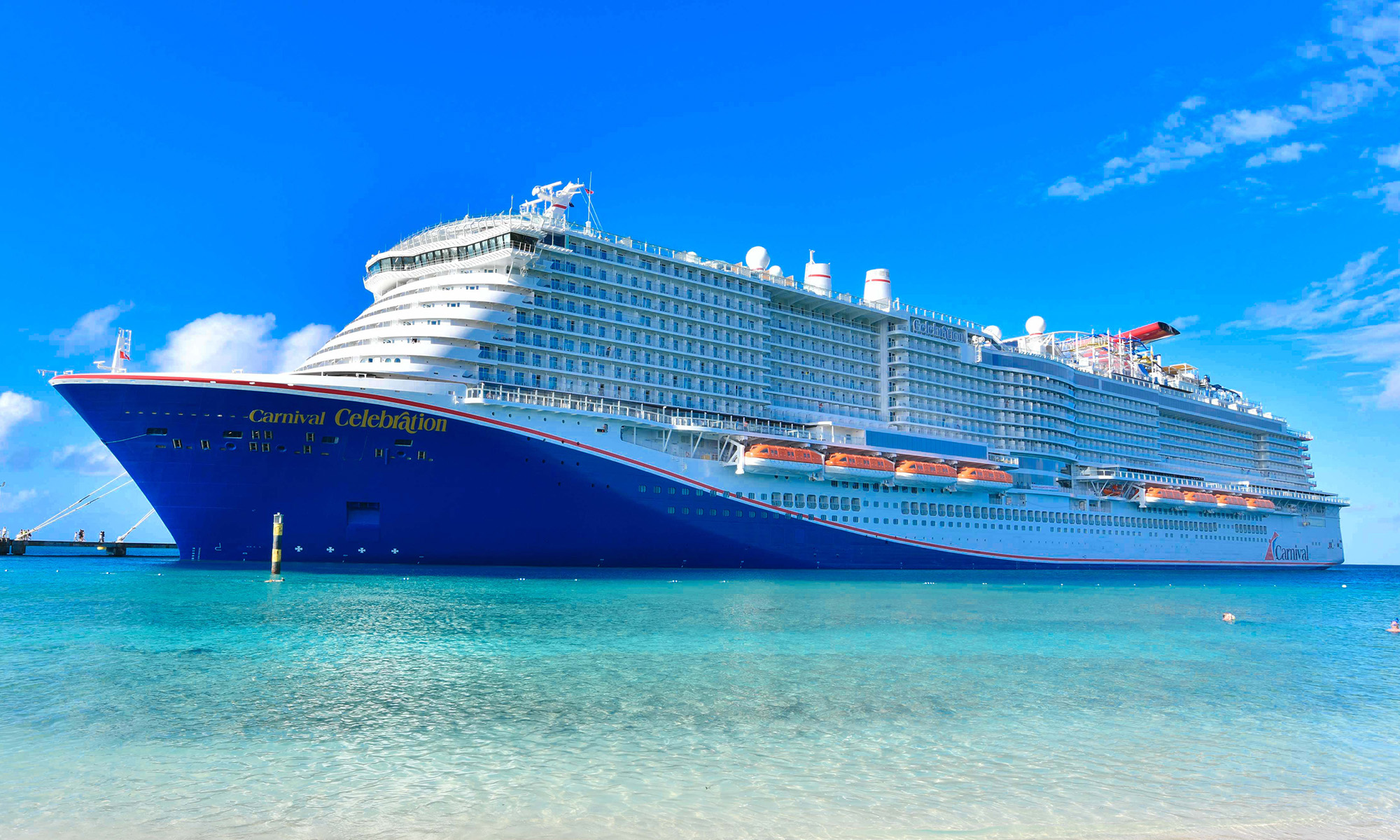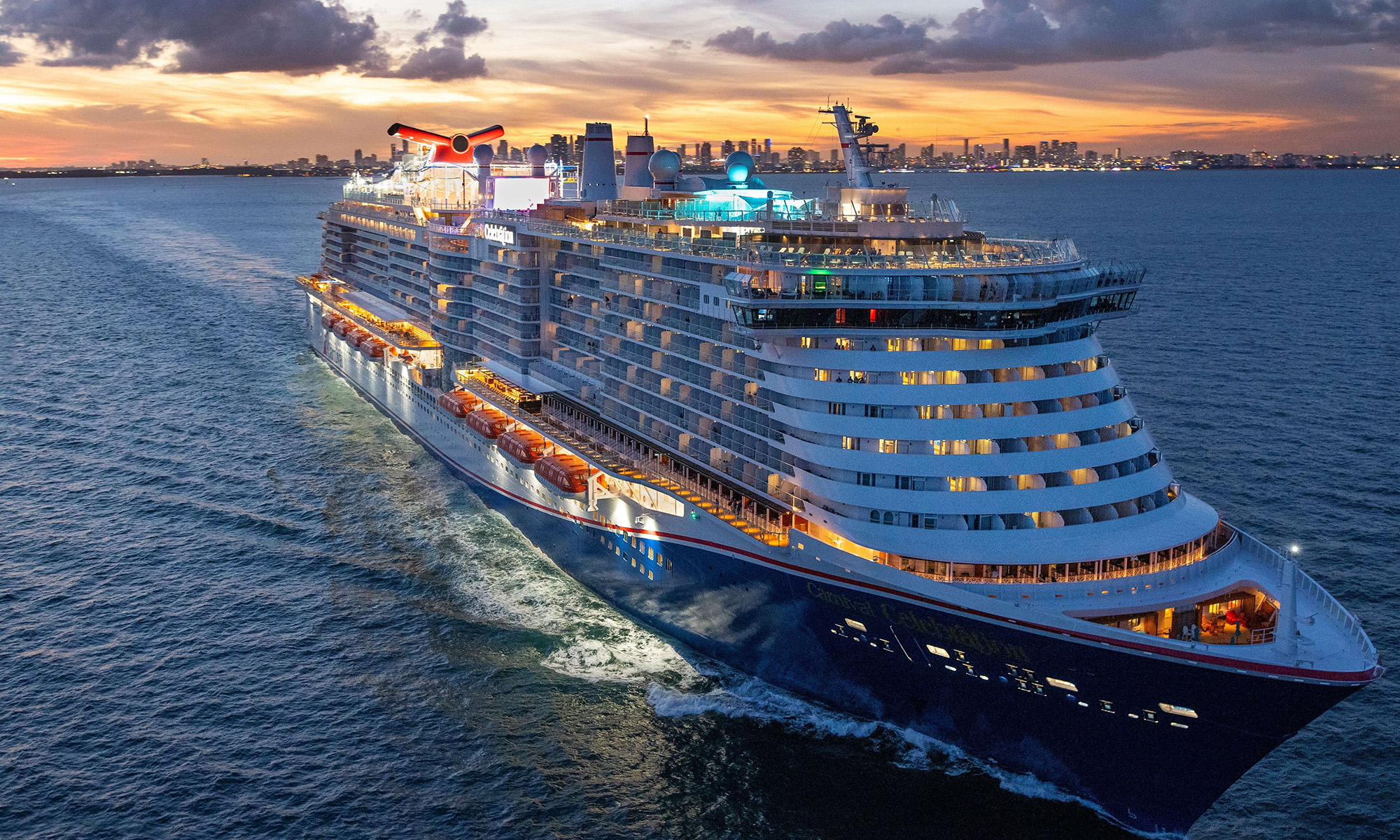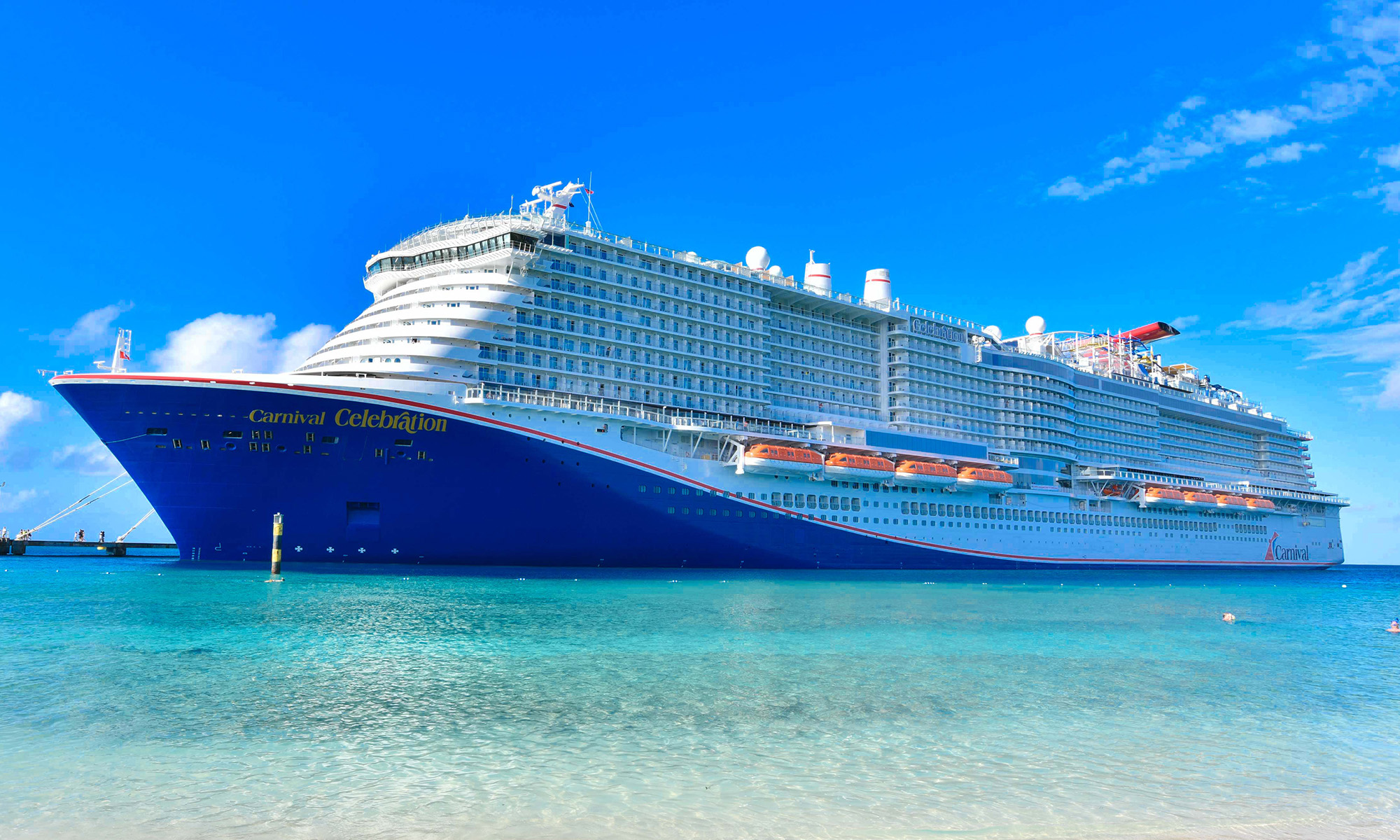Carnival (CCL +0.47%) shares have dropped more than 80% since the start of the year amid fears of coronavirus transmission on cruise ships. Though the pandemic is hurting the entire industry, Carnival has been the focus of attention since the illness spread to hundreds of people on one of its ships. Now Carnival has paused cruises to support global efforts to contain the virus. So far, the coronavirus has resulted in more than 200,000 cases worldwide in just a few months.
While it may seem like Carnival has already been through the worst of times these past few weeks, things may get more difficult.

Image source: Getty Images.
Cruises suspended
First, a bit of background on Carnival's coronavirus woes. The company's Diamond Princess, part of the Princess Cruises fleet, found itself at the center of the action when COVID-19, the illness caused by the new coronavirus, spread to almost 700 people as the ship was quarantined off Japan. Press reports cited missteps by the ship's medical staff as one of the reasons for the contamination.
More recently, the company suspended its Princess Cruise ships for 60 days and operations of four more North American brands for one month. In announcing the Princess interruption, Carnival said it would allow guests who paid fully for their cruises to apply the payment to a future cruise or apply for a refund. Carnival also is offering cruise credits to guests and said it would "protect" travel agent commissions.
In early February, Carnival said the costs from the coronavirus outbreak would have an effect of $0.55 to $0.65 per share on its fiscal 2020 results if it had to suspend operations in Asia through April. Considering the cruise suspensions go beyond Asia, it's clear Carnival's situation has worsened. The company said it would update shareholders during its earnings report later this month.
Bookings are at risk
While Carnival shares are suffering now, more pain is on the horizon. Future earnings reports will reflect the difficulties that will span the current quarter and beyond. I say "beyond," because even after the coronavirus is contained, future cruise bookings are at risk. Right now, the State Department and the Centers for Disease Control and Prevention both recommend avoiding cruise ship travel. Though these warnings are in the context of the coronavirus outbreak, some travelers may remain hesitant long after the crisis is contained. It's true that price reductions may attract some travelers, though lower prices will weigh on revenue and earnings. It's also true that cruisers tend to be loyal, and those who love cruises will be back, but this may take some time.
All this spells trouble for Carnival, even though the cruise industry posted growth year after year prior to the outbreak. According to Cruise Lines International Association, an industry trade group, cruising increased nearly 7% in 2018 from the previous year to reach 28.5 million passengers. The passenger compound annual growth rate for the ocean cruise industry was 6.6% from 1990 through this year, Cruise Market Watch data show. As for Carnival, the company reported record total revenue for its fiscal 2019 (which ended in November) with a 10% increase to $20.8 billion year over year. That was in spite of headwinds such as Hurricane Dorian, which hit the Bahamas in late summer, and a slip in travel demand for European markets. At the time of that earnings report, in December, Carnival predicted net cruise revenue for 2020 would gain 5%.
What does this mean for investors?
I agree with Wall Street, which considers the shares could more than double from here. But I don't think that sort of performance is right around the corner. The costs and booking problems remain issues that will linger. While it's tempting to see Carnival trading at its lowest ever in relation to earnings, until management details the financial effects of this crisis -- and we see even a small pickup in bookings -- it is too early to drop anchor and buy shares of this consumer discretionary stock.






